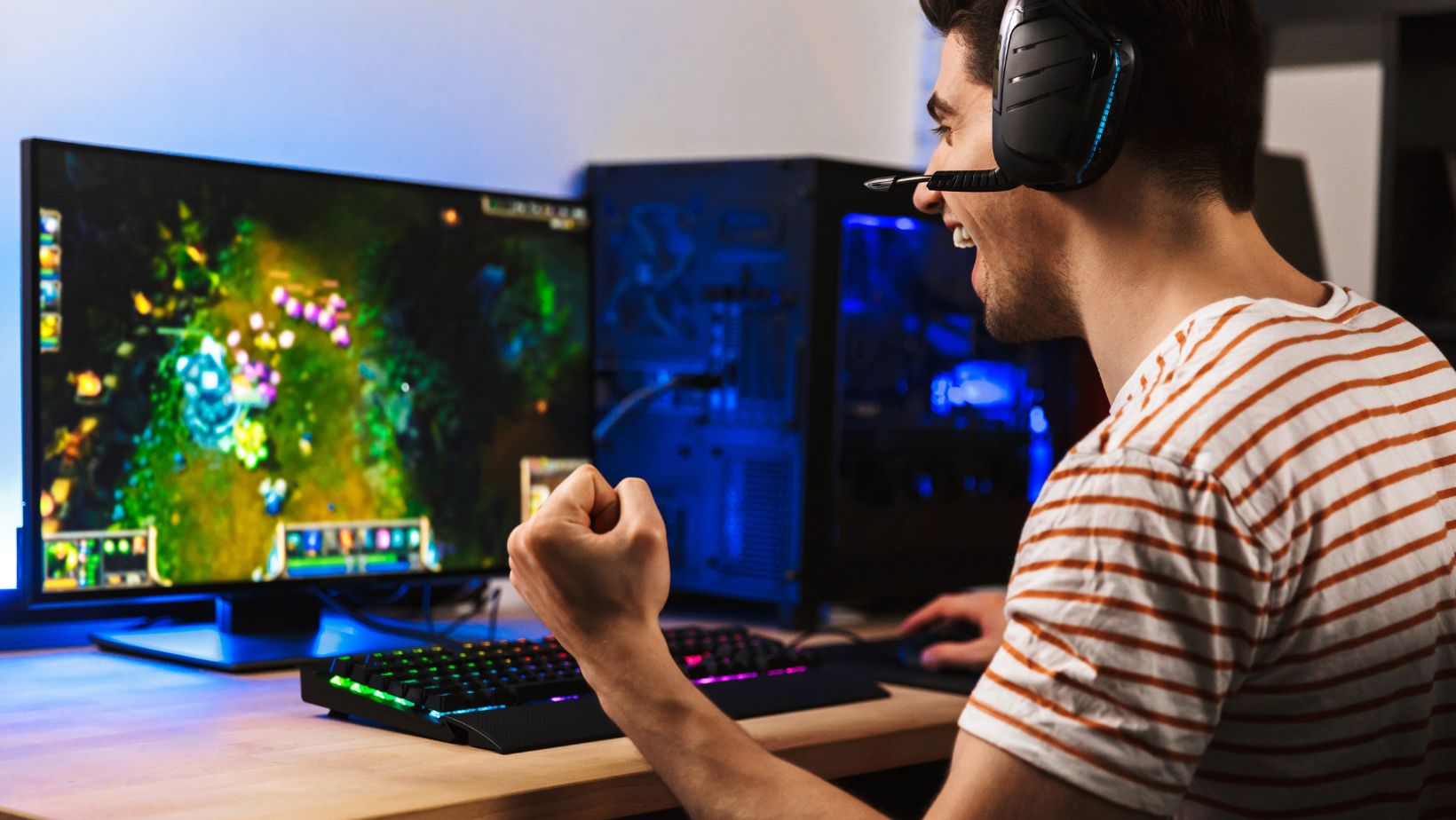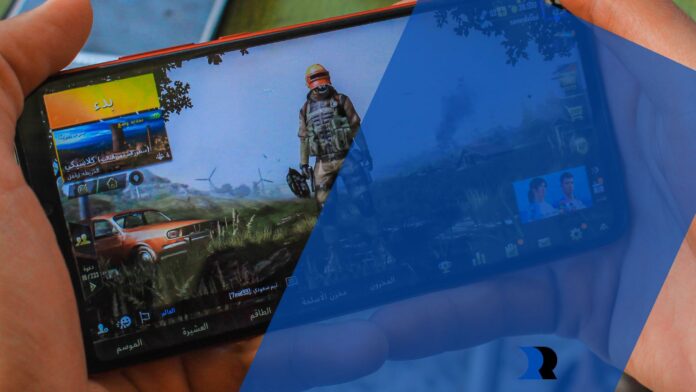Horror as Brain Training: Why Horror Fans Handle Stress Better
If you enjoy thrills and having fun, place a few bets on Slotsgem and read why a little excitement can actually be good for you.
A recent study conducted by experts at the University of Chicago revealed a surprising fact: people who enjoy watching horror movies and playing horror video games are actually better at dealing with stress and anxiety. Sounds strange, right? Who would voluntarily scare themselves? But behind this behavior lies a fascinating psychological mechanism.
Researchers call this phenomenon “controlled exposure to fear.” What does that mean? When we watch a horror movie or play a scary game, our brain knows we’re safe. We feel scared, but we also understand that the monster won’t jump out of the screen, and the ghost won’t show up in real life. This allows the brain to experience fear in a safe environment and train itself to react to it.
Psychologists explain that this kind of experience helps people manage anxiety because the brain gradually gets used to tension and stops reacting to it as strongly. Over time, people develop emotional resilience — in other words, they’re less likely to be thrown off balance by life’s troubles.
Why Are Horror Movies Helpful?
Horror movies often depict intense, adrenaline-filled events: someone hiding from a maniac, running from zombies, or encountering supernatural forces. As we watch, we experience these emotions along with the characters — the tension, the fear, the excitement. But we’re sitting safely at home, maybe sipping tea on the couch. There’s no real danger. That’s what makes it “safe fear.”
This kind of experience strengthens the nervous system. People who watch horror films regularly become more accustomed to strong emotions and gradually learn to control their reactions. In real life, this means they respond more calmly to stressful situations, don’t panic, and are quicker to assess the problem and find a solution.
What About Games?
Horror video games work on the same principle — but instead of just watching, we become the characters. We wander through dark hallways, face monsters, solve puzzles, and escape danger. The experience is interactive, which makes the sense of fear even stronger. But again — it’s all within the game, and we’re in control.
Studies show that horror gamers (in the best sense of the word!) adapt more quickly to surprises, have better reaction times, and show higher stress tolerance. These individuals handle life’s difficulties more easily because their brains are already trained not to freeze up in high-pressure situations.
What Do Scientists Say?
The University of Chicago study involved several hundred participants. They were asked about their preferences for horror movies and games. Then, they were put in stressful scenarios — such as public speaking, solving timed problems, or answering uncomfortable questions. It turned out that those who regularly watched horror or played horror games reacted much more calmly and recovered from stress faster.
Moreover, these individuals showed lower levels of anxiety and fear — especially compared to people who avoided such genres. Scientists concluded that regular “fear training” can genuinely help prepare the mind for real-life challenges.
So, Should Everyone Start Watching Horror?
Not necessarily. It depends on the individual. If you enjoy the adrenaline rush and don’t suffer from insomnia after watching a horror movie — go for it! It’s not just entertainment, but also a mental workout.
However, if horror films make you feel too anxious or unwell, don’t force yourself. The most important thing is finding your own way to manage stress and emotions. But now we know for sure: horror isn’t just scary fun — it’s a legitimate psychological tool for emotional resilience.
So next time someone asks why you’re watching The Grudge again, you can proudly say:
“I’m training my emotional resilience!”



